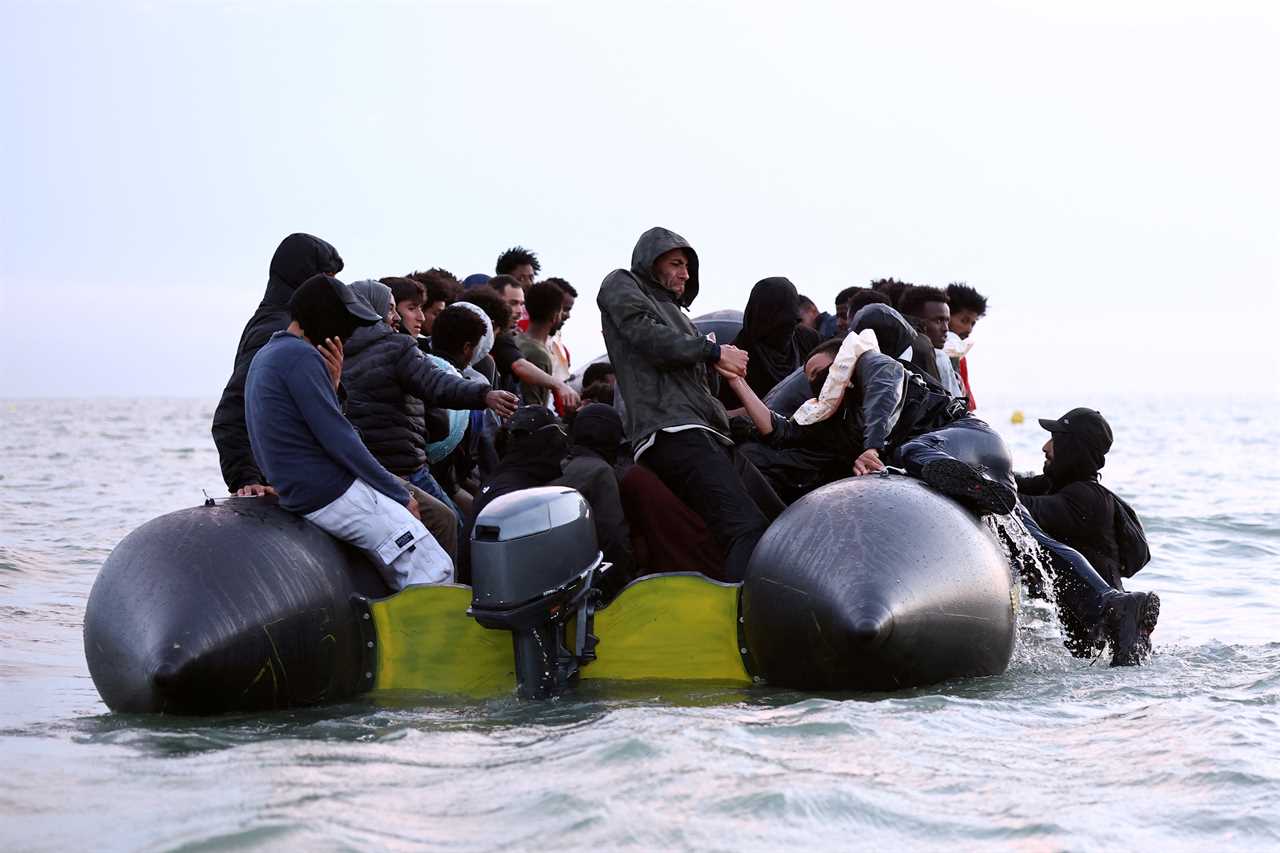
In a move signalling a potential shift in diplomatic strategy, the UK government is considering barring foreign leaders from visiting the country if their governments fail to cooperate in addressing illegal migration. A confidential document from the Foreign Office has instructed ambassadors to intensify pressure on nations impeding efforts to curb unauthorized boat crossings, using visas and official visits as leverage. This development comes amidst a backdrop of escalating migrant Channel crossings, surpassing 20,000 this year, prompting calls for action from the Labour Party and raising concerns about national security.
Challenging Diplomatic Norms: Leveraging Bilateral Relationships for Migration Cooperation
The leaked memo reveals a willingness to challenge current diplomatic approaches, urging ambassadors to employ bilateral relationships creatively to foster collaboration on migration issues. By considering new strategies to compel cooperation, the UK government is navigating the complexities of international relations in addressing the surge in illegal crossings. This proactive stance underscores the intricate balance between diplomacy and enforcement in managing migration flows.
Security Concerns and Foreign Interference: The Geopolitical Dimension of Migration
Recent reports linking Russia's alleged involvement in facilitating migrant journeys to the UK highlight the geopolitical dimensions of the migration crisis. Security sources caution that foreign powers may be exploiting smuggling networks to undermine UK border defenses, posing a potential threat to national stability. The convergence of security, migration, and foreign policy underscores the intricate web of global forces shaping migration patterns and border security measures.
From Local Crisis to Global Security Issue: Nato's Recognition and Border Protection
The recognition of illegal migration as a significant national security threat by Nato reflects a broader acknowledgment of the interconnectedness of border protection and defence strategies. By allowing member states to count border security expenditures towards defence spending targets, Nato is adapting to the evolving security landscape influenced by migration challenges. This shift signifies a recognition of the multifaceted nature of contemporary security threats and the need for cohesive international responses.
Complexity and Contention: Navigating the Migration Landscape
As the UK grapples with a surge in Channel crossings and the complexities of international migration dynamics, the proposed diplomatic measures signal a nuanced approach to a multifaceted issue. Balancing diplomatic relations, security imperatives, and humanitarian considerations, the government faces a delicate task in addressing illegal migration while upholding its international obligations. The evolving narrative surrounding migration underscores the intricate interplay of political, security, and humanitarian factors in shaping migration policies and responses.
In a landscape where migration intersects with geopolitics, security, and diplomacy, the UK's diplomatic manoeuvres reflect a broader effort to navigate the complexities of migration governance while upholding international cooperation. As the discourse on migration continues to evolve, the intersection of security threats, diplomatic relations, and human rights imperatives underscores the need for comprehensive, nuanced approaches to address the multifaceted challenges posed by migration in the contemporary world.
Did you miss our previous article...
https://trendinginthenews.com/uk-politics/transforming-britains-health-a-decade-to-combat-obesity-and-inequality






